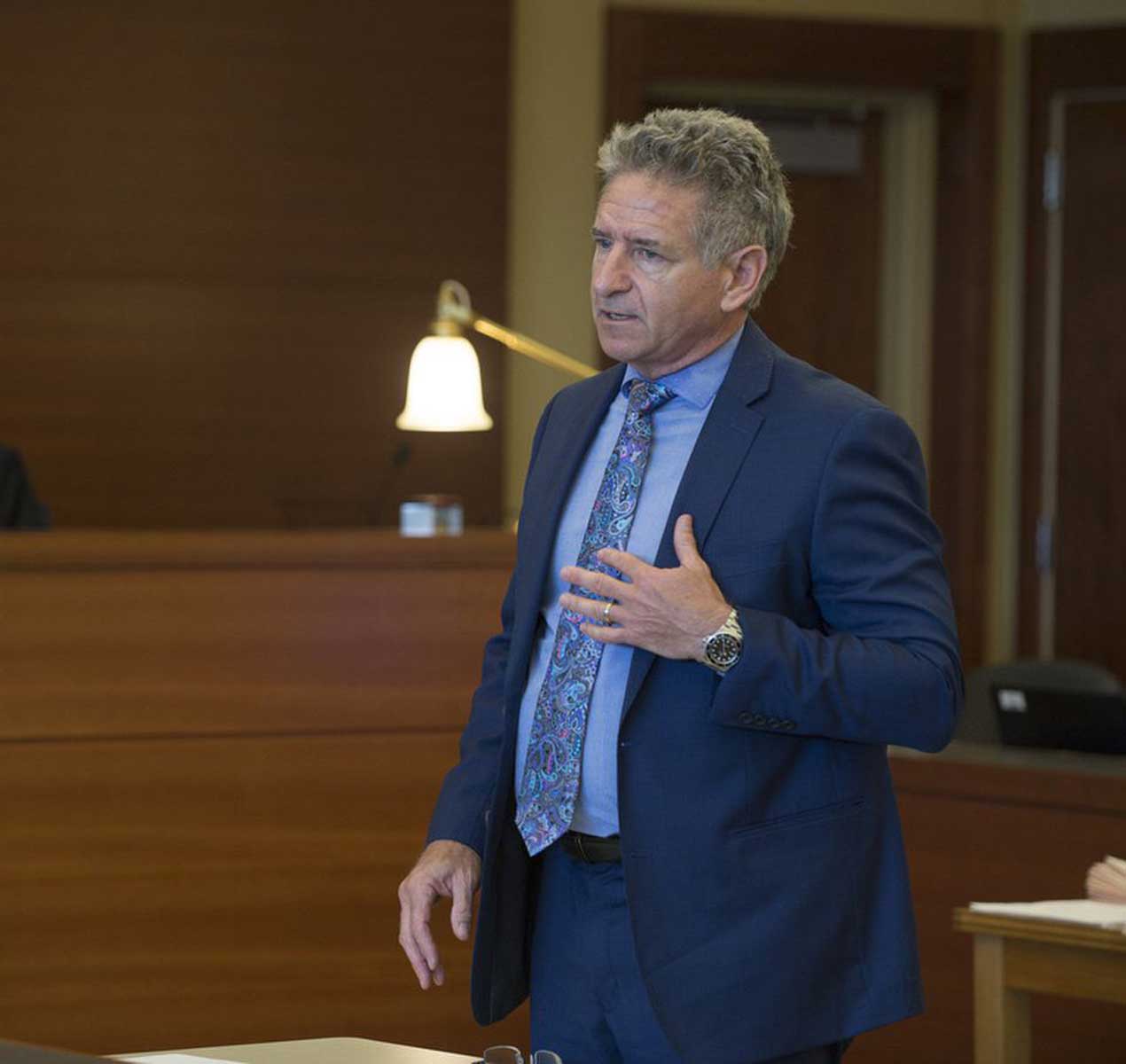As the problem of fatal drug overdoses worsened across the U.S., lawmakers and public health officials looked for ways to curb it. They found that too often, people die from overdoses because the people who are with them flee the scene out of fear rather than get emergency help because they don’t want to be arrested or get someone else arrested. Some people die alone because they’re afraid to call for help for themselves on the assumption that they’ll go straight from the hospital to jail.
New Jersey, like many states, has a “Good Samaritan” law that protects people from prosecution for lower-level drug crimes if they are “caught” while seeking help for someone whom they reasonably believe is suffering an overdose (including themselves).
What types of illegal activity are protected under the law?
The law provides immunity from being charged for acquiring, possessing or using illegal drugs or prescription drugs obtained illegally as well as drug paraphernalia. Basically, it’s intended to prevent people from being penalized for their own drug use – not to protect drug traffickers.
The immunity also extends to the “inhaling the fumes of or possessing any toxic chemical” prohibited by law. Further, a person can’t have their parole or probation revoked for a drug-related offense included in the law if their violation was discovered because they sought emergency medical help
When doesn’t the law apply?
The law doesn’t apply to any alleged non-drug-related criminal activity or more serious drug crimes discovered because of a Good Samaritan call. For example, if police discover evidence of a drug trafficking operation, stolen items, illegal weapons or other types of offense, a person can still face arrest and charges. Of course, the fact that this evidence was discovered because a person sought help for someone (or even themselves) could potentially work in their favor when it comes to prosecution or sentencing.
It’s important to know the law so that you can better protect your rights. Mistakes can happen. Law enforcement officers can’t always determine precisely what the situation is when they show up at the scene of a drug overdose. If you believe that you or a loved one is wrongfully facing drug charges or that the circumstances of the arrest warrant special consideration, it’s crucial to get experienced legal guidance right away.

